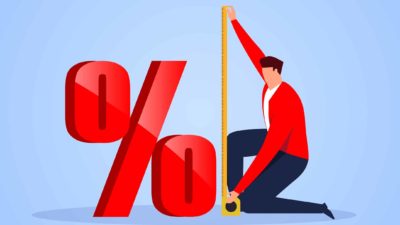Investors beware! Amazon.com's presence is finally being felt on the local market with a news report claiming that the US shopping giant is undercutting prices on a range of goods sold at supermarket chains Woolworths Group Ltd (ASX: WOW) and Coles Group Ltd (ASX: COL).
The Woolworths share price fell 1.5% to $29.39 in morning trade while Coles share price tumbled 2.1% to $12.13 – its lowest level since its listing last week.
The Metcash Limited (ASX: MTS) share price is also wallowing in red ink as it fell 1.1% to $2.81 as the S&P/ASX 200 (Index:^AXJO) (ASX:XJO) index shed 0.7% at the time of writing.
Our retailers have not noticed any impact from the launch of Amazon's Australian service a year ago but that is quickly changing after the Australian Financial Review reported sources in Woolworths complaining that some local suppliers may be giving Amazon better pricing than to our largest supermarket chain.
The giant awakens?
The local Amazon site is selling some popular non-food pantry items at up to half the price of the identical item sold at Woolies or Coles. These include Colgate Total toothpaste, Huggies wet wipes, Kellogg's Rice Bubbles and Finish dishwasher tablets – just to name a few.
Some of these items are sold at below what Woolworths and Coles buys them at and this is prompting some to question if Amazon is getting preferential treatment.
The irony is that Woolworths and Coles used to be the bullies in the industry and had made life very difficult for suppliers. Amazon has turned the tables and now both our supermarkets seem to be playing the victim card.
However, it's not necessarily the case that Amazon is getting cheaper prices from suppliers. The online giant may be willing to sell some items at a loss to win market share.
It's not like this is an uncommon strategy used by established retailers to draw consumers into their stores. The industry even has a term for such products – they are called "loss leaders".
Another explanation is that Amazon may be using parallel imports, although this can't explain the pricing differences for locally made products.
Foolish takeaway
I think the more important issue investors should be waking up to is complacency.
Many were worried when Amazon launched in December last year, but these concerns quickly dissipated due to limited product range and non-competitive pricing on the Australian Amazon site.
Analysts covering our supermarket stocks have barely made any mention of Amazon in their valuation as they were distracted by the Wesfarmers Ltd (ASX: WES) spin-off of Coles.
But Amazon will be an increasingly difficult giant for our supermarkets to fight and other retailers like JB Hi-Fi Limited (ASX: JBH) and Harvey Norman Holdings Limited (ASX: HVN) should also be put on notice.
The sleeping giant is stirring.








